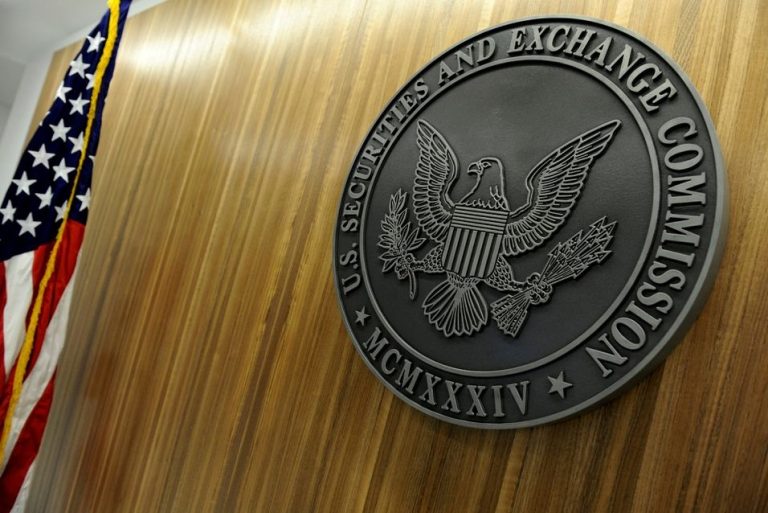
The SEC is pushing forward with its agenda to regulate the securities industry more effectively, especially in areas where new practices and products are emerging. I will discuss some of the recent proposals and actions by the SEC that aim to enhance disclosure and investor protection, as well as address some of the challenges and opportunities that SPACs and other shell companies face in the current market environment.
Just recently Coinbase Inc sued the SEC for lack of clarity on classifications of digital assets and crypto regulations in general. However, SEC in a tweet said the agency is in no rush to regulate the industry as it is still finding more resource ways and frameworks to guide crypto regulations.
One of the most notable developments is the SEC’s proposal to adopt new rules and amendments that would apply to IPOs by SPACs and de-SPACs, which are business combination transactions between SPACs and private operating companies. The SEC’s proposal, which was announced on March 30, 2022, would require additional disclosures about SPAC sponsors, conflicts of interest, sources of dilution, fairness of transactions, and projections made by SPACs and their target companies. The proposal would also align the financial statements required for de-SPACs with those required for traditional IPOs and clarify the status of SPACs under the Investment Company Act of 1940.
Tekedia Mini-MBA edition 16 (Feb 10 – May 3, 2025) opens registrations; register today for early bird discounts.
Tekedia AI in Business Masterclass opens registrations here.
Join Tekedia Capital Syndicate and invest in Africa’s finest startups here.
The SEC’s proposal reflects its concern that SPACs may pose significant risks to investors due to information asymmetries, fraud, and conflicts of interest. The SEC also believes that SPACs may be used as an alternative means to conduct an IPO without providing investors with the same level of protection and transparency that they receive from traditional IPOs. The SEC’s proposal is open for public comment for 60 days following publication on the SEC’s website or 30 days following publication in the Federal Register, whichever period is longer.
Another area where the SEC is pushing forward with regulation is the use of digital engagement practices (DEPs) by online brokers and investment advisers. DEPs are features or practices that use behavioral prompts, differential marketing, gamification, or other design elements to influence customer behavior on digital platforms. The SEC has expressed concern that DEPs may create conflicts of interest, mislead investors, or induce excessive trading or risk-taking.
The SEC has issued a request for information and public comment on DEPs, which was published on November 4, 2021. The SEC is seeking input on various aspects of DEPs, such as their prevalence, benefits, risks, disclosure practices, and regulatory implications. The comment period for this request will end on January 18, 2022.
The SEC is also actively pursuing enforcement actions against entities that violate securities laws or regulations in emerging areas such as cryptocurrencies and cybersecurity. For example, on December 22, 2021, the SEC charged a cryptocurrency platform and its founder with operating an unregistered securities exchange and defrauding investors.
The SEC alleged that the platform offered trading in digital asset securities without registering with the SEC or operating under an exemption from registration. The SEC also alleged that the platform misrepresented its compliance status, security measures, and trading volume to investors. The SEC is seeking permanent injunctions, disgorgement plus prejudgment interest, civil penalties, and other relief against the defendants.
The SEC’s enforcement actions demonstrate its willingness to use its authority to protect investors from fraud and misconduct in new and evolving areas of the securities industry. The SEC has also indicated that it will pursue high-impact cases that send a clear message to market participants about its expectations and priorities.
The SEC’s push for regulation in these areas reflects its recognition of the rapid changes and innovations that are occurring in the securities industry. The SEC’s proposals and actions aim to balance the need for investor protection with the promotion of capital formation and market efficiency.
However, they also pose significant challenges and uncertainties for market participants who may have to adapt to new rules and standards or face potential liability or sanctions. Therefore, it is important for market participants to stay informed of the SEC’s regulatory developments and initiatives, and to seek legal advice when necessary.



